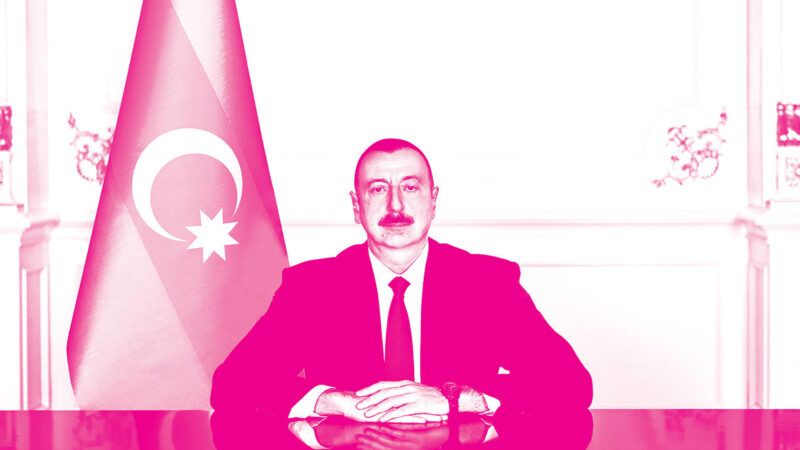What Happened to the Former Soviet Republics?
Exploring the long-tail consequences of the evil empire in its many forms

Reason's December special issue marks the 30th anniversary of the collapse of the Soviet Union. As part of that issue, Reason writers examined the differing fates of the post-Soviet republics. These accounts are not meant to be encyclopedic but rather to serve as a sampler of the long-tail consequences of that evil empire in its many forms and a reminder of the dangers of authoritarianism and economic central planning.
Ronald Bailey explores how authoritarianism and abundant natural resources are a treacherous combination in Kazakhstan.
Billy Binion looks at President Gurbanguly Berdimuhamedov of Turkmenistan's strange cult of personality.
Eric Boehm grapples with the implications for Georgia of NATO's continued expansion.
Christian Britschgi laments Uzbekistan's exit visa process, and the difficulties many citizens encounter when trying to get permission to travel abroad.
Elizabeth Nolan Brown examines how Belarus is still ruled by a strongman, offering both "violence and unpredictability."
Brian Doherty looks at Kyrgyzstan's treatment of ethnic minorities and how Soviet policies fueled still-lingering disputes between groups.
Fiona Harrigan ponders the relative post-Soviet success of Estonia, Latvia, and Lithuania.
Mike Riggs interrogates why Tajikistan remains so poor despite plentiful natural resources.
Peter Suderman remembers the Holodomor, the program of mass starvation forced on Ukrainians by the Soviet regime.
Jacob Sullum looks at Azerbaijan's rampant corruption, unfair elections, and flimsy institutions.
Matt Welch wonders if Moldova's new leader can lead Europe's second-poorest country to greater prosperity.
Liz Wolfe takes a look at how remittances have simultaneously helped and hurt Armenia's economic prospects.


Show Comments (39)